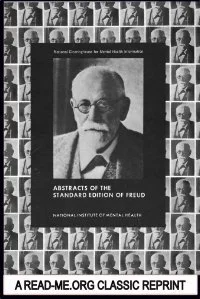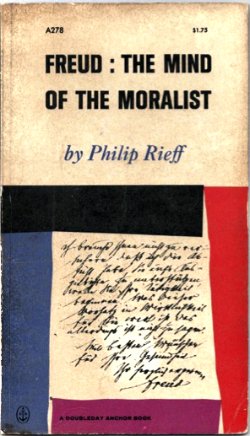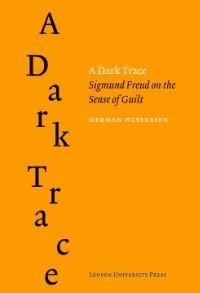Authorized Translation Under The Supervision Of Joan Riviere
From the editorial preface: “[T]hese Collected Papers, of which the present is the first volume, constitute the real basis of Psycho-Analysis. All Professor Freud's other work and theories areessentially founded on the clinical investigations of which these papers are the only published record. It is unfortunate that the English-speaking public should for years have had access only to what may be called the superstructure of his work, the application of his psycho-analytic method to the study of dreams, sexuality, totemism, and so on, while the basis of it all remained buried in a foreign tongue. It is now proposed to fill this central lacuna in English psycho-analytical literature by publishing, in four or more volumes, a translation of the Sammlung kleiner Schriften zur Neurosenlehre. Incidentally it may be said that the papers in this series have been re-grouped, in co-operation with Professor Freud, so that they do not follow the same order as that of the German original.”
New York. Basic Books. 1959. 350p.












